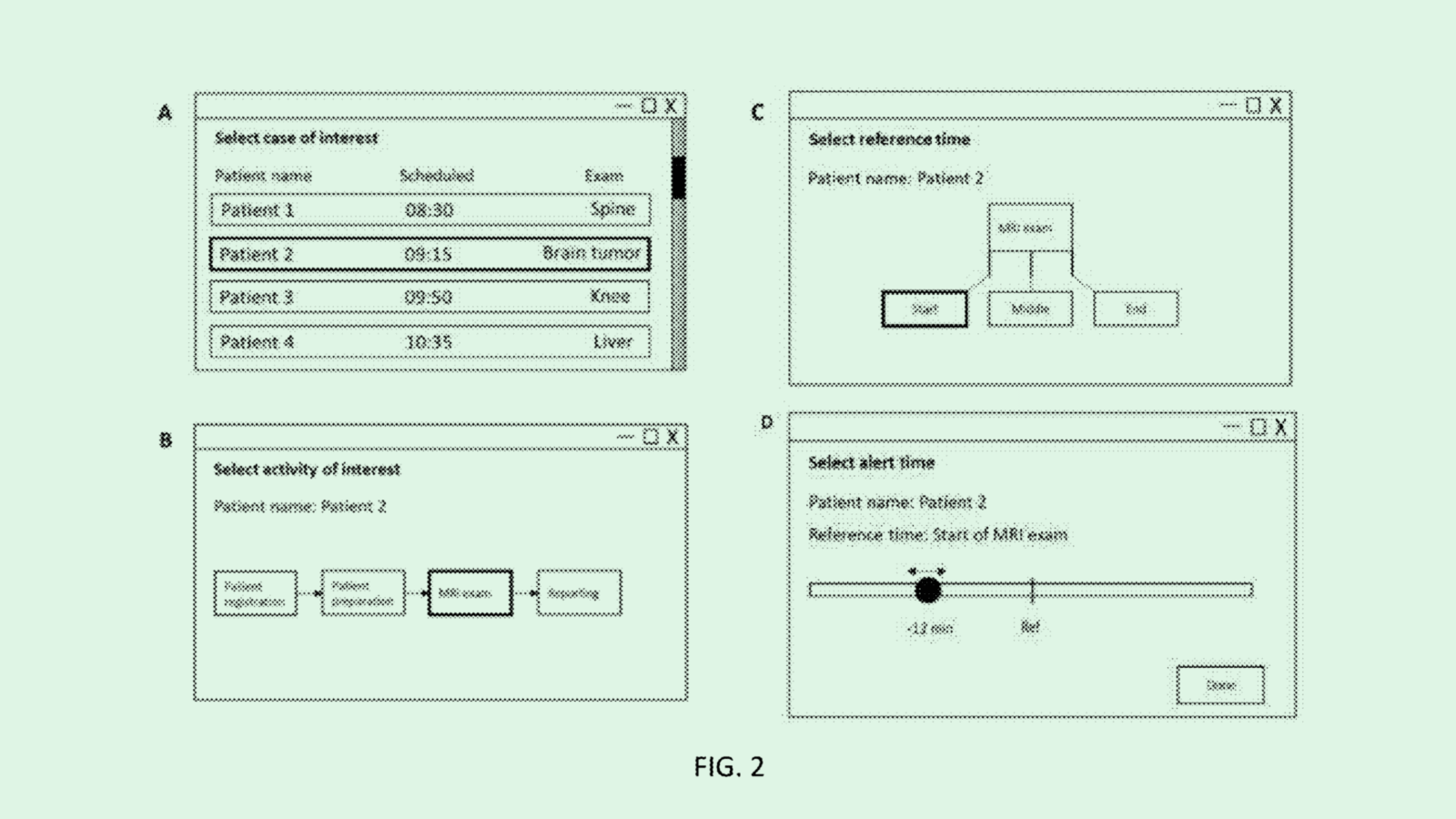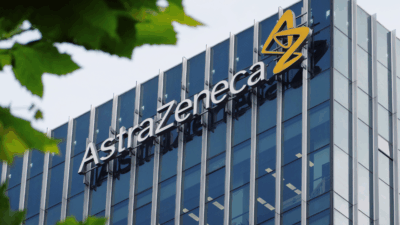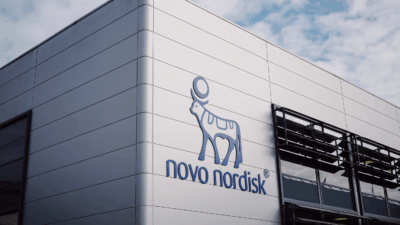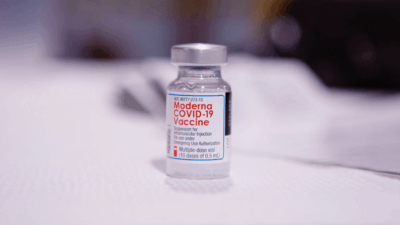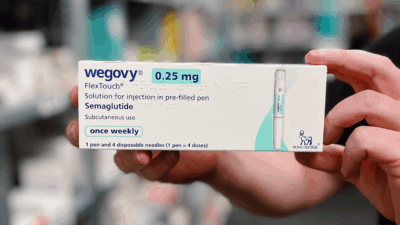
Sign up for smart news, insights, and analysis on the biggest financial stories of the day.
Amyotrophic lateral sclerosis (ALS) is one of the most difficult diseases in the world to treat. Its cause is still a mystery to doctors. And the disease’s unforgiving progression — which sees a breakdown of nerve cells in the brain and spinal cord — leads to severe disability and death.
On Monday, there was a glimmer of hope for some, as Canadian health regulators approved a new treatment for ALS for the first time since 2018. But the drug faces an uncertain path down south.
Testing Time
Only two drugs have been approved in the United States to treat ALS, which affects over 16,000 Americans and about 3,000 in Canada. Neither of them offers a cure. The same can be said for Cambridge, MA-based Amylyx Pharmaceuticals’ Albrioza. The drug combines two separate medicines working to slow, though not stop, ALS from destroying the motor neurons in patients.
Albrioza has been through one successful trial, but the FDA typically requires two for approval. Health Canada’s decision was conditional upon results from another trial, expected in 2024. The FDA allowed Amylyx to apply early, leading to a tense buildup for a decision expected in late September:
- A study of 137 ALS patients published in The New England Journal of Medicine in 2020 found patients on a five-and-a-half month Amylyx treatment plan declined 25% slower on average than those given placebos. ALS patients and advocates have cited the study and additional research, which estimated patients taking the drug during the trial lived a median of 10.6 months longer than those who received placebos, to argue that time is not an option for them.
- But the authors of the study concluded “longer and larger trials are necessary.” And, in a 6-4 vote, a panel of neuroscience experts advising the FDA declined to endorse the treatment for approval, citing the need for more testing.
The FDA usually, though not always, follows the recommendations of its expert advisors. Last year, the regulator approved the controversial Alzheimer’s drug aducanumab against a panel recommendation — the drug, once touted as a potential multibillion-dollar earner, became a sales disaster for Biogen, which reported just $1 million in sales in the final quarter of 2021.
Growth Prospects: According to analytics company GlobalData, the ALS market in the USA, France, Germany, Italy, Spain, the UK, Japan, and Canada was worth $282 million in 2019, but is expected to reach $1 billion by 2029.
